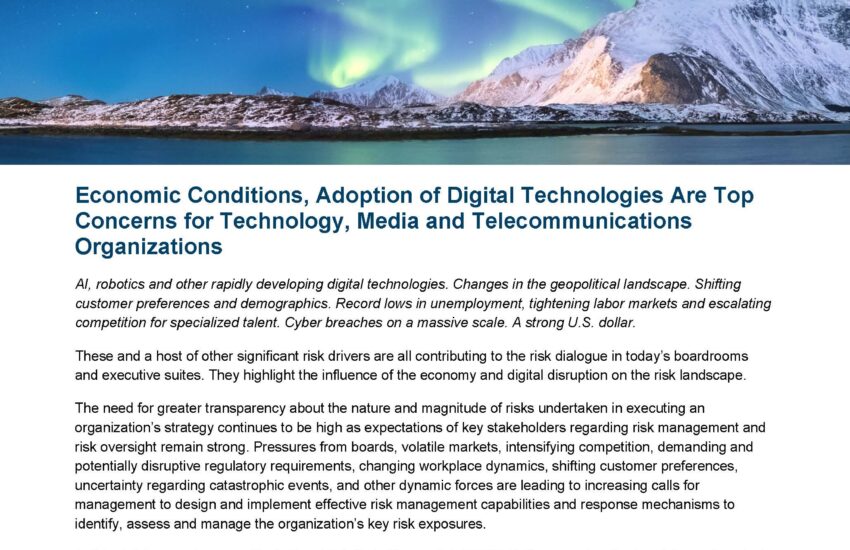Specialized Risk Competitions
In today’s world, competition is not just about winning; it’s about the risks associated with the strategies employed. Specialized risk competitions have emerged as a fascinating concept where participants not only aim for victory but also navigate through various risks inherent in their chosen field. Understanding these competitions requires a closer look at their structure, the different types available, and the implications of risk management strategies involved.
According to a study from Alphabetical Info, industries ranging from finance to technology are increasingly organizing competitions that focus on real-world problem-solving under risky conditions. Participants must demonstrate their ability to assess risk, formulate strategies to mitigate it, and ultimately, make decisions that align with their objectives. The following sections will delve deeper into the types and importance of these competitions.
Understanding Specialized Risk Competitions
Specialized risk competitions can be categorized into various types depending on the industry or sector involved. They provide participants with unique opportunities to showcase their skills while tackling challenges posed by uncertainties.
Types of Specialized Risk Competitions
- Financial Risk Competitions: These competitions revolve around scenarios where financial markets are volatile, requiring contestants to make investment decisions based on predictive analytics and risk assessment frameworks.
- Technological Challenges: In tech competitions, participants may face scenarios involving data breaches, system failures, or other technology-related risks, testing their problem-solving skills under pressure.
- Environmental Risk Management: Competitions focusing on sustainability challenges often require participants to develop solutions that address environmental risks, such as climate change or resource depletion.
- Medical and Health Contests: In fields like medicine, competitions could involve managing public health risks during a crisis, emphasizing the importance of preparation and resource allocation.
The Importance of Risk Management in Competitions
Risk management is a critical component of successful participation in these competitions. As competitors engage in scenarios that involve unpredictability, knowing how to identify, assess, and respond to risks becomes vital.
Key Risk Management Strategies
- Risk Identification: This involves recognizing potential risks that could impact the competition’s outcome. Competitors must employ forecasting and scenario analysis to pinpoint uncertainties.
- Assessment and Analysis: Competitors analyze the identified risks to determine their potential impacts and which are most likely to occur. This helps prioritize which risks to address first.
- Mitigation Strategies: Developing plans to avoid or lessen risks is crucial. This could involve contingency planning or exploring alternative strategies.
- Continuous Monitoring: Throughout the competition, participants must remain vigilant, adjusting their strategies as new information or challenges arise.
Case Studies of Successful Competitions
Looking at successful examples of specialized risk competitions helps illustrate the concepts discussed. Here are a couple of noteworthy competitors.
The Financial Institutions Risk Management Contest
This contest involves teams from various universities competing by managing a simulated investment portfolio. Participants use diverse financial instruments and must respond to market changes, showcasing their risk management tactics effectively.
Cybersecurity Challenge
Another fascinating example entails a competition where teams face simulated cybersecurity threats. The teams must quickly identify vulnerabilities in a network system while implementing strategies to neutralize attacks. Real-time performance and decision-making under pressure are key.
The Role of Technology in Specializing Risk Competitions
Technology plays a fundamental role in facilitating the organization and participation of these competitions. Innovations in simulation software and analytical tools allow participants to model scenarios and assess risks accurately.
Emerging Technologies Used
- Data Analytics: Tools for analyzing large data sets help participants make informed decisions based on historical trends.
- Simulation Platforms: Virtual simulations enable teams to practice in controlled environments where they can fail forward without real-world repercussions.
- Artificial Intelligence: AI tools are increasingly being used to predict outcomes and manage risks more efficiently by processing information rapidly.
Challenges Faced by Participants
Even with the advanced tools and strategies, competitors face numerous challenges during these competitions. Understanding these hurdles is essential for effective preparation.
Common Challenges
- Information Overload: With vast amounts of data available, participants may struggle to separate relevant information from noise.
- Time Constraints: Decisions made quickly during high-pressure situations can lead to suboptimal choices if not carefully considered.
- Collaborative Dynamics: In team-based competitions, differences in opinion can create conflicts and hinder progress unless managed effectively.
Future of Specialized Risk Competitions
As industries evolve, so too will the nature of specialized risk competitions. The increase in remote engagement and digital formats opens up new possibilities for competitors worldwide.
Trends to Watch
- Increased Focus on Sustainability: As environmental concerns grow, more competitions will highlight the importance of sustainable practices in risk management.
- Integration of AI and ML: Competitions will increasingly embrace artificial intelligence and machine learning tools to enhance participant capabilities.
- Virtual Reality Experiences: VR could revolutionize training and competition formats, giving participants immersive environments to navigate risks.
Conclusion
Specialized risk competitions represent a dynamic intersection of strategy, risk management, and real-world applications. Through understanding the complexities involved and developing effective strategies, competitors can not only improve their skills but also contribute to innovation in their respective industries. The journey through these competitions teaches valuable lessons about the importance of risk assessment and decision-making under pressure. As we move forward, the evolution of these competitions will continue to shape the landscape of various fields, fostering an environment of continual learning and adaptation.

For more in-depth insights on related topics, visit this article for further exploration.
